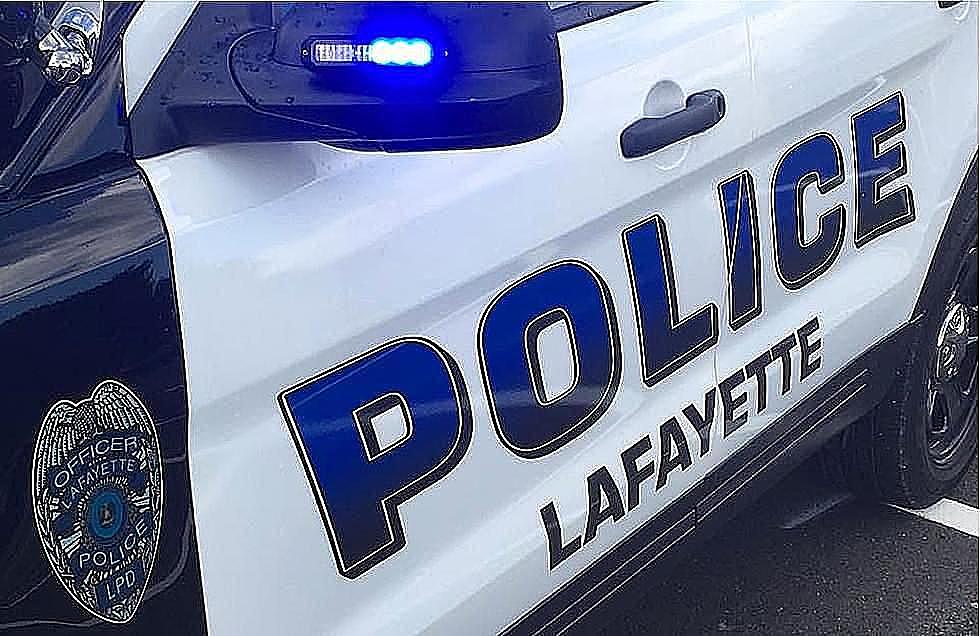
New Orleans to begin strictly enforcing juvenile curfew
NEW ORLEANS (AP) — In an effort to curb a rise in juvenile crime, New Orleans officials say the city will resume enforcing a juvenile curfew.
Mayor LaToya Cantrell and Police Superintendent Shaun Ferguson last week said enforcement begins on Monday.
The city's curfew ordinance prohibits minors age 16 and younger from being in a public place after 9 p.m. Sunday through Thursday between June 1 and Aug. 31 and after 11 p.m. on Fridays and Saturdays. The curfew is lifted at 6 a.m. on all days of the week.
The city also has an 8 p.m. curfew on the books that affect the French Quarter and Marigny neighborhoods. There are exceptions if the minor is out for employment purposes or being supervised by adults at a school or recreational activity or by a parent or guardian.
NOLA.com/The Times-Picayune reports the law has been on the books since 1994. Ferguson said juveniles stopped for a violation of curfew will be patted down but not placed in handcuffs. He said the juvenile would be considered in "protective custody" and taken to Covenant House until a parent can pick them up.
Penalties are applied to parents and can include a misdemeanor charge in municipal court and a fine of $500. Ferguson said the penalty will be applied if a parent is found in violation three times in a calendar year.
The curfew enforcement comes as Ferguson said police have scrambled to stem juvenile crime across the city, even as homicides — the city's most closely watched crime statistic — have fallen. Ferguson said the curfew will be useful in identifying juveniles who are roaming the streets with nothing to do.
In May, police arrested three teens, two of them under 18, in an attempted Mid-City burglary that turned fatal when police said 63-year-old Zelda Townsend died after being shot in the head and her husband was shot in the arm. That prompted District Attorney Leon Cannizzaro two weeks ago to declare the juvenile crime problem "out of control." He also called for curfew enforcement.
Curfews have become more controversial in recent years because critics say that while curfews may seem to be a "common sense" solution to crime, there's little data to show they are effective.
Emily Wolff, Cantrell's director of Youth and Families, said she is aware of such research but notes the city has a more comprehensive plan than to simply put children into police custody. She said juveniles who are identified as in violation of curfew will get preventive services that would include identifying why the juvenile isn't under better parental supervision.
Wolff said the cities that were the subject of research showing that curfews don't reduce crime didn't take the comprehensive approach that New Orleans is planning.
"To compare it to what's been done across the country is a little bit unfair," Wolff said. "If it were curfew alone, and if it were bringing kids to police headquarters, I think that would be an issue. That's not what we're doing here."
In addition to the curfew measure, the city is starting a summer jobs program called Summer Success that will provide 100 previously arrested youth with a paid summer job for five weeks. The youth in the program will also receive counseling, case management services, and a bus pass.
Covenant House Executive Director Jim Kelly said the curfew enforcement as explained to him was aimed at "kids who are hanging."
"I look at it as prevention more than anything else," Kelly said. "They'll want to know 'Are you on the way back from somewhere?' ... It's when you don't know whether you're coming or going, that's where the police are going to say 'hold it.'"
Kelly said he thinks Covenant House will be able to handle the curfew violators without additional staffing.
More From News Talk 96.5 KPEL









